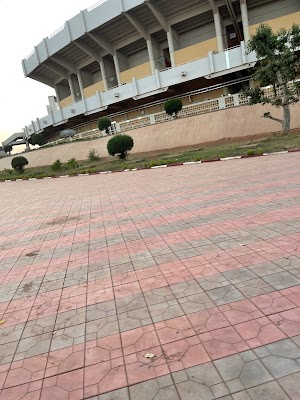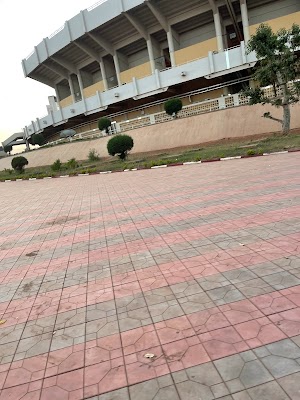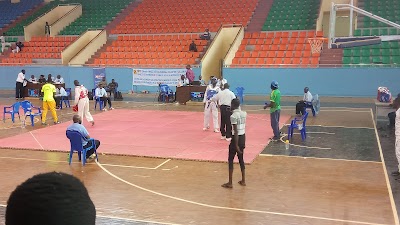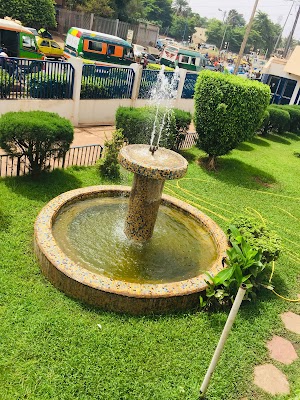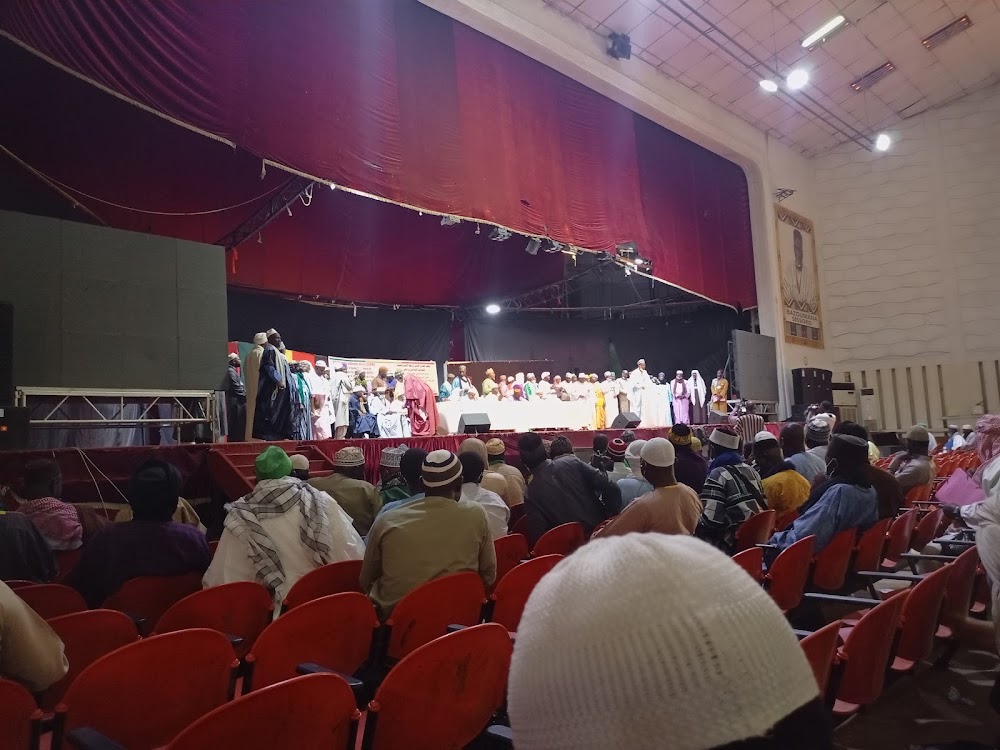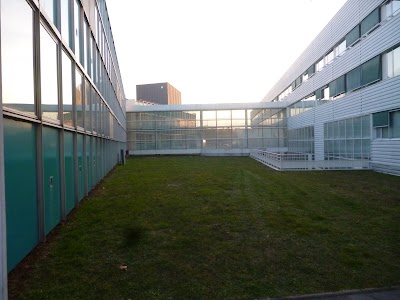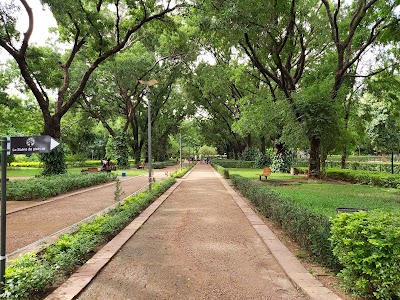Stade du 26 Mars (Stade du 26 Mars)
Overview
**Stade du 26 Mars: A Cultural and Historical Landmark in Bamako**
Stade du 26 Mars is a significant landmark in Bamako, the vibrant capital city of Mali. Named after March 26, 1991—a pivotal date in Malian history—this stadium serves as a poignant reminder of the country's journey towards democracy. For foreign tourists fascinated by African culture, sports, and history, visiting this stadium can be a deeply enriching experience, offering a unique glimpse into the heart of Mali’s national identity.
**A Modern Marvel**
Constructed in 2001, Stade du 26 Mars was developed to meet the growing demand for a larger and more modern facility to host both national and international events. With a seating capacity of around 50,000, it stands as one of the largest sporting venues in Mali. The stadium's architectural style, while functional and contemporary, incorporates elements reflective of Malian culture, making it a unique destination for visitors.
**A Symbol of Resilience**
Historically, the stadium holds immense importance for the people of Mali. Its name commemorates the day when a popular uprising led to the downfall of a dictatorial regime, marking the dawn of a new era of democratic governance. Thus, Stade du 26 Mars is more than just a sports venue; it is a powerful symbol of the resilience and determination of the Malian people.
**Home of Les Aigles**
Primarily known as the home ground for the Malian national football team, Les Aigles, the stadium is an exciting destination for soccer fans. Attending a match here offers an opportunity to witness passionate local and international games. The atmosphere during these events is electric, with fans displaying incredible enthusiasm and support for their teams—an experience that any sports lover would treasure.
**A Hub for Cultural Events**
Interestingly, Stade du 26 Mars is a multi-purpose venue that hosts a variety of events beyond football, including athletics, cultural festivals, and concerts. This diverse use of the stadium makes it an integral part of Bamako’s social and cultural fabric. Tourists can often find an array of events taking place, providing a glimpse into the rich and diverse cultural life of Mali.
**Exploring Bamako**
The stadium's prime location in Bamako ensures easy accessibility for tourists. The city itself is vibrant and full of attractions, such as the National Museum of Mali, bustling markets, and the scenic Niger River. A visit to Stade du 26 Mars can seamlessly fit into a broader exploration of the city's many delights, enriching your overall experience.
**Community Engagement Through Sports**
For those interested in extra-curricular activities, the stadium facilitates community engagement through various local sports and recreational programs. These initiatives often focus on youth development and community building, reflecting Mali's commitment to fostering talent and unity through sports.
**The Best Time to Visit**
One of the best times to visit Stade du 26 Mars is during major football tournaments or special events. The stadium truly comes alive during these times, offering an infectious energy that captures the spirit of Mali. Whether you’re sitting in the stands among cheering fans or exploring the stadium on a quieter day, the experience is sure to leave a lasting impression.
**Modern Amenities for Comfort**
In terms of facilities, the stadium is equipped with modern amenities, including comfortable seating, excellent visibility from all angles, and various food and drink concessions. While enjoying an event, tourists can sample local snacks and beverages, adding a delightful culinary dimension to their visit.
**Safety First**
While the stadium itself is a secure and well-maintained venue, it’s advisable for tourists to remain aware of their surroundings and follow local guidelines or advisories during their visit, as with any major public site.
**In Conclusion**
In conclusion, Stade du 26 Mars in Bamako, Mali, offers a rich tapestry of historical, cultural, and sporting experiences. Its significance transcends sports, serving as a symbol of national pride and democratic progress. For foreign tourists, a visit to this iconic stadium promises not only an exciting day out but also a deeper understanding of Malian culture and history.


